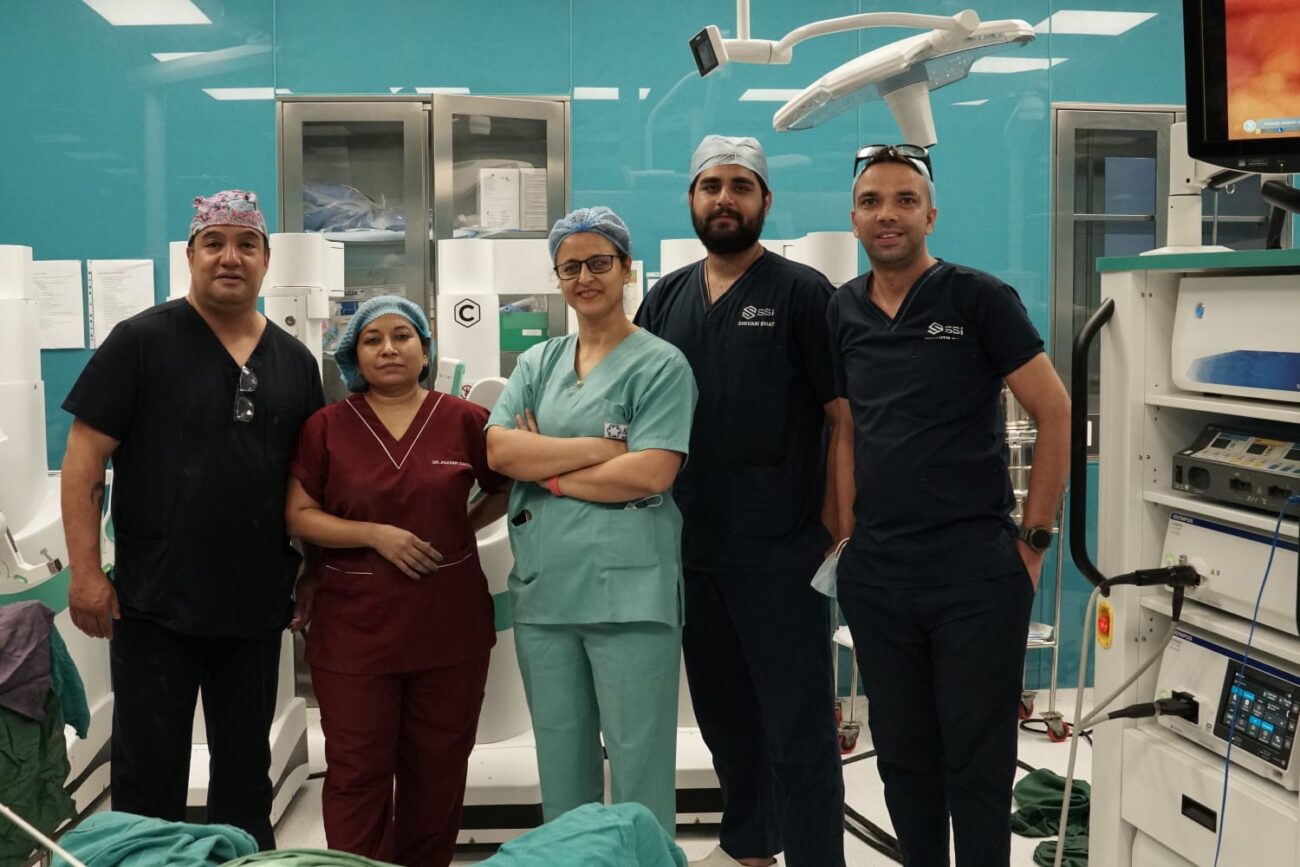DKMS AND SUPPORTORS ANNOUNCE 10 MILLION REGISTERED POTENTIAL DONORS WORLDWIDE
Out of the registered donors, india accounts for only 42,000 REGISTERED BLOOD STEM CELL donors which needs to be increased SIGNIFICANTLY DKMS, this month, celebrated a truly meaningful milestone: the organization has 10 million registered potential
Out of the registered donors, india accounts for only 42,000 REGISTERED BLOOD STEM CELL donors which needs to be increased SIGNIFICANTLY
DKMS, this month, celebrated a truly meaningful milestone: the organization has 10 million registered potential blood stem cell donors worldwide. With the help of tens of thousands of volunteers and supporters from across the globe, DKMS’s record achievement increases the likelihood of patients finding the matching donors they need to receive a second chance at life.
When DKMS began in 1991, there were only 3,000 potential donors registered in Germany at the time. Peter Harf, desperate to find a matching donor for his ailing wife Mechtild, knew that the only way to increase the likelihood of her chance at finding a lifesaving match was to increase the size of the donor pool. Now, 29 years since its launch, DKMS continues to operate with the same passion and focus, leading to this year’s celebration of a milestone moment that once seemed impossible: 10 million registered potential donors in the DKMS donor pool. All these donors are currently listed and available to provide lifesaving transplants for patients battling blood cancer and other blood disorders.
“This is a fantastic achievement by DKMS that is only possible because of the dedication and passion of their employees and supporters from around the world,” says Lydia Foeken, CEO of the World Marrow Donor Association (WMDA). “We now have 36 million donors worldwide and DKMS is an important part of our global community.”
“DKMS is proud to be the world’s leading donor center, accounting for nearly 30% of the total donor pool. While, this is a global milestone but when it comes to India, the fact is Indians are highly underrepresented. In India, every year over 1 lakh people are diagnosed with blood cancer or other blood disorders and despite this huge burden, only 0.03% of the total population is registered as potential blood stem cell donor. While blood cancer is life-threatening, a set of healthy blood stem cells from a matching donor can be life-saving. The demand and supply gap are increasing as people don’t register themselves as potential blood stem cell donors due to the lack of awareness said Patrick Paul, CEO DKMS BMST Foundation India.”
“10 million registered donors are truly a wonderful accomplishment, but for me, and I know for all of the DKMS family, this is not about just numbers and it never will be,” explains Elke Neujahr, Global CEO of DKMS. “It is about our donors. It is about our patients. It is about everyone that is affected by these devastating diseases. This is why we also realize that, though we celebrate this milestone, we still have so much more to do.”
Tens of thousands of patients suffering from blood cancer and other blood disorders each year are still unable to find the matching donor they need. Furthermore, as access to transplantation increases globally, members of underrepresented populations find themselves facing even steeper odds of receiving a second chance at life. For this reason, DKMS is leading an international two-pronged approach; significantly increasing the number of available potential donors annually, while working to diversify the donor pool to ensure all patients, regardless of their ethnic background, can find the lifesaver they need.
In line with this, DKMS extended its international footprint with South African partnership on May 28th, 2020. The Sunflower Fund and DKMS have joined forces to register as many potential blood stem cell donors as possible with the most diverse ethnic backgrounds. Now in its 20th year, The Sunflower Fund brings a wealth of expertise in the recruitment of stem cell donors and building an ethnically diverse registry of committed donors from across South Africa, Namibia, Ghana, and Nigeria. The organisation also maintains a patient support fund to assist patients who are unable to afford costs associated with getting to transplant.




